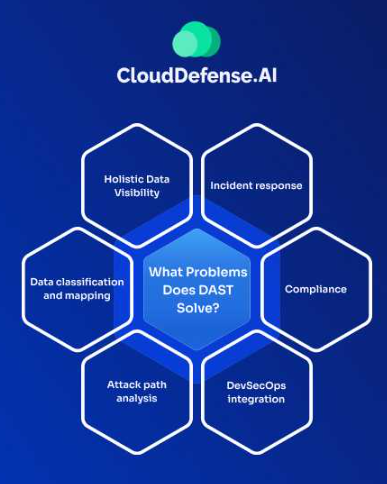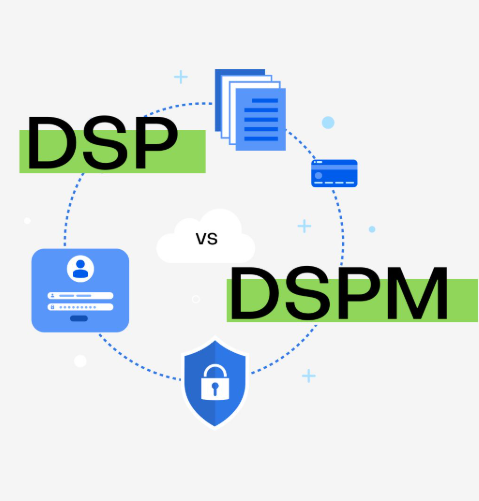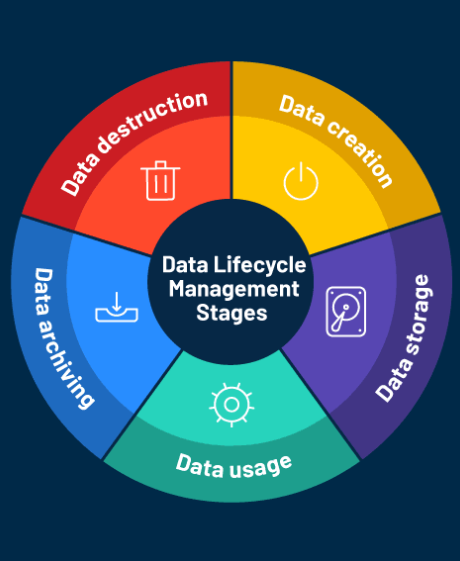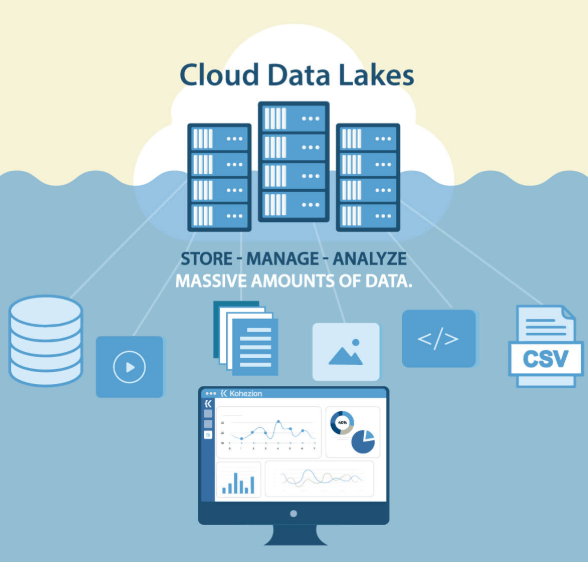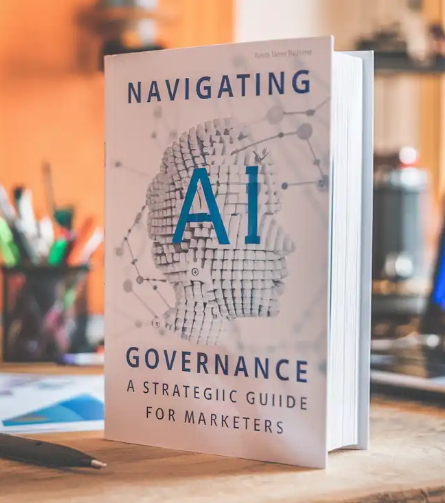
Artificial Intelligence (AI) is transforming industries by optimizing processes, improving decision-making, and driving innovation. However, with these benefits come significant challenges, especially when it comes to ensuring that AI systems operate responsibly, ethically, and in compliance with regulatory standards. One of the most important aspects of AI implementation is establishing effective AI governance, particularly in managing enterprise data.
AI governance refers to the set of policies, practices, and guidelines that ensure AI systems operate transparently, ethically, and responsibly. As businesses increasingly rely on AI-driven solutions, it’s essential to handle data effectively to support AI initiatives while ensuring security, compliance, and trustworthiness.
Why AI Governance Matters for Enterprise Data
AI governance is not just about adhering to regulations—it’s about building trust and ensuring that AI systems deliver value without causing harm. Here are some key reasons why AI governance is critical for managing enterprise data:
- Data Privacy and Compliance: Many industries face stringent regulations, such as GDPR (General Data Protection Regulation) and CCPA (California Consumer Privacy Act), which mandate businesses to protect personal data. AI systems must comply with these regulations to avoid fines and reputational damage.
- Bias Prevention: AI models can inherit biases from the data they’re trained on. Governance helps identify and mitigate biases in enterprise data, ensuring AI decisions are fair and ethical.
- Security: Sensitive data is vulnerable to cyber threats. A solid AI governance framework ensures that data is protected throughout its lifecycle, from collection to storage and disposal.
- Transparency and Accountability: Ethical AI requires that AI decisions are transparent and explainable. Governance frameworks ensure that decisions made by AI systems can be traced and audited.
- Risk Management: AI models can have unintended consequences. Effective governance helps set guidelines for the development, monitoring, and deployment of AI models, minimizing risks.
Key Considerations for Effective AI Governance
To effectively govern AI systems within your organization, here are some essential principles to follow:
1. Data Quality and Integrity
High-quality, reliable data is essential for AI models to function correctly. Poor-quality data can lead to inaccurate predictions and decisions, negatively affecting business operations.
- Clean and Structured Data: Invest in data cleaning to remove inaccuracies and duplicates.
- Data Provenance: Track the origin of data to ensure its integrity and authenticity.
2. Ethical and Bias-Free Data
AI systems are only as unbiased as the data they are trained on. Addressing ethical issues and reducing bias in enterprise data is vital.
- Regular Bias Audits: Test data regularly for bias to ensure AI models use fair and representative data.
- Diverse Data Sets: Use data that reflects a broad range of populations and scenarios to minimize the risk of biased outcomes.
3. Data Privacy and Security
Data privacy and security are critical, especially when dealing with sensitive information. Governance must ensure data is protected from unauthorized access and breaches.
- Data Encryption: Use encryption methods to protect data at rest and in transit.
- Access Control: Implement strict policies to limit access to sensitive data.
- Anonymization: Where possible, anonymize sensitive data to protect individual privacy.
4. Clear Data Ownership and Accountability
Clear ownership and accountability structures are essential for AI governance. Establish who is responsible for data at each stage to prevent misuse.
- Appoint Data Stewards: Assign responsible individuals to ensure data quality, security, and compliance.
- Define Data Ownership: Clearly define who owns the data and who is responsible for decision-making based on it.
5. Regulatory Compliance
AI governance frameworks must ensure compliance with both local and global data protection regulations to avoid fines and maintain customer trust.
- Stay Updated: Keep up with evolving regulations like GDPR and CCPA.
- Automate Compliance: Use AI governance tools to automate compliance monitoring and reporting.
6. Explainability and Transparency
AI models can sometimes be difficult to understand. Ensuring that the decision-making process of AI systems is transparent is a crucial part of responsible governance.
- Model Interpretability: Ensure AI models are interpretable, so their decisions can be easily explained.
- Audit Trails: Maintain detailed records of data usage and model decisions to provide transparency when needed.
7. Ongoing Monitoring and Evaluation
Once deployed, continuous monitoring is vital to ensure AI systems remain effective and aligned with business goals.
- Regular Evaluation: Regularly assess AI models to ensure they produce accurate results and are not becoming outdated.
- Data Drift Detection: Implement systems to detect changes in data over time (data drift) and adjust models as necessary.
Best Practices for Implementing AI Governance with Enterprise Data
To ensure successful AI governance in your organization, consider the following best practices:
1. Develop a Comprehensive AI Governance Framework
Begin by developing a clear framework that outlines policies, roles, and responsibilities related to AI and data governance. Essential components should include:
- Data Governance Policies: Establish policies for data collection, usage, and storage that comply with industry standards and regulations.
- Ethics Guidelines: Create ethical guidelines to ensure AI models are fair, transparent, and accountable.
2. Leverage AI Governance Tools
Streamline AI governance with specialized tools and platforms that manage data pipelines, monitor AI models, and ensure compliance. These tools can automate compliance checks, track model performance, and provide insights into potential risks and biases.
3. Encourage Cross-Department Collaboration
AI governance requires collaboration across departments such as IT, data science, legal, and compliance. Ensure that teams work together to implement governance policies effectively across the AI lifecycle. Using a central management solution can help achieve this.
4. Foster a Culture of Ethics and Responsibility
Promote a culture where ethical AI practices are prioritized in all AI-related initiatives. Educate teams about the importance of data privacy, fairness, and accountability, and encourage ongoing discussions about AI ethics.
5. Regularly Review and Update Governance Frameworks
AI technology is evolving rapidly, so it’s essential to review and update your governance policies regularly. This ensures that your AI governance framework adapts to new regulations, technological advancements, and best practices.
Maintaining AI Data for Long-Term Success
As AI continues to evolve and play a more prominent role in businesses, strong AI governance becomes essential to ensure ethical, transparent, and compliant AI systems. By setting clear data ownership, securing privacy, addressing biases, and staying up-to-date with regulations, you can unlock the full potential of AI while minimizing risks and protecting your organization’s reputation.
Effective AI governance is an ongoing process that requires attention, collaboration, and adaptation. By implementing the foundational principles discussed here, your business will be better equipped to navigate the complexities of AI governance and ensure long-term success.







